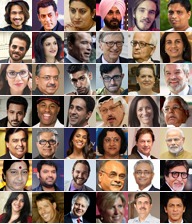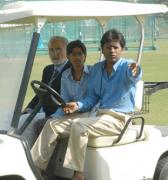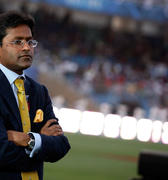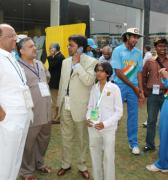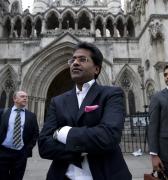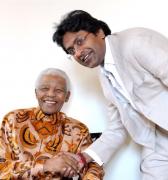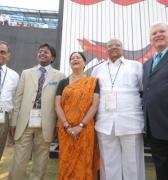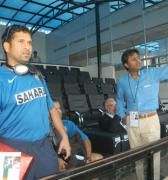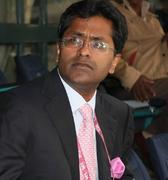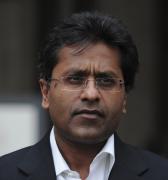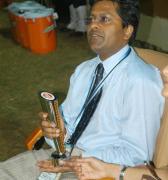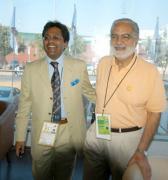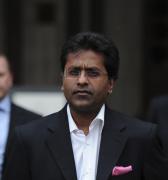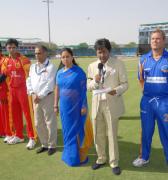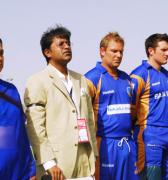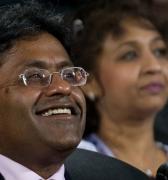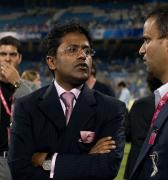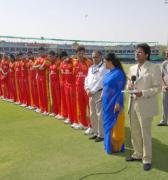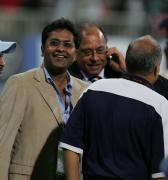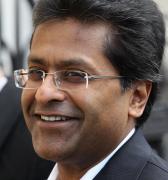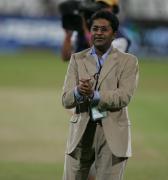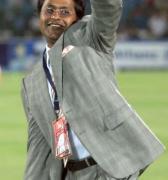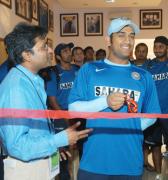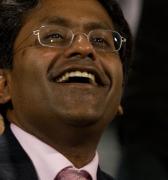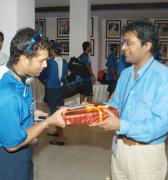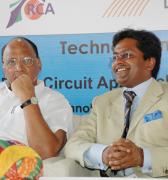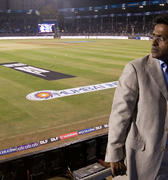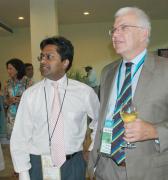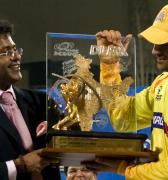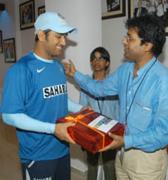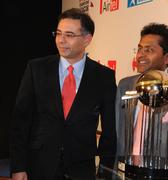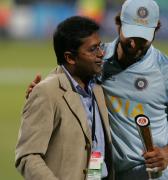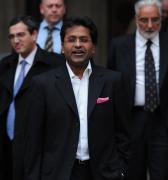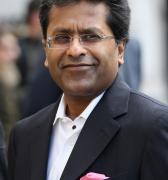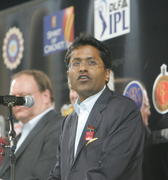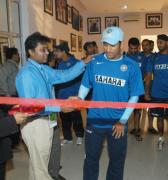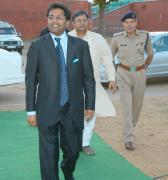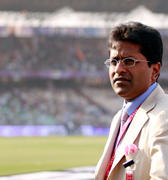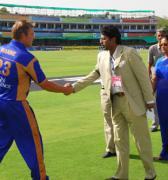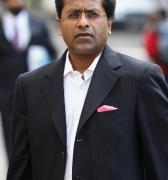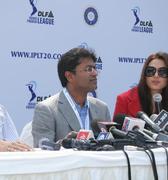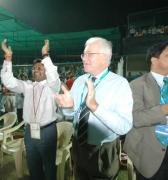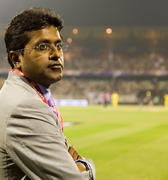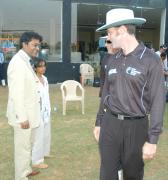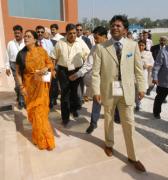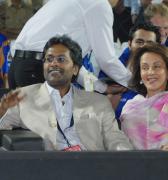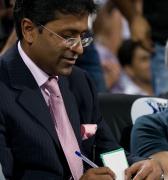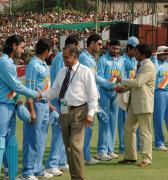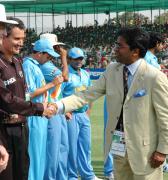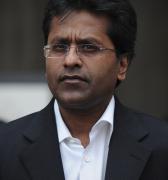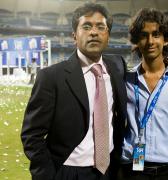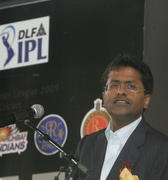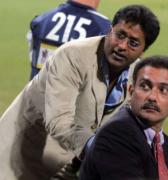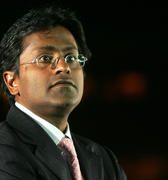If the Supreme Court approves the new Memorandum of Association proposed by the Committee of Administrators, then several top BCCI functionaries who continue to hog the spotlight as ‘acting’ officials will have to beat a hasty retreat. A decision is expected in the Supreme Court on September 19.
A copy of the Memorandum of Association available with Hindustan Times suggests strict clauses on the age and tenure of officials who will administer Indian cricket in future. But massive stress is on conflict of interest, a disease that has afflicted the BCCI from time immemorial.
By citing close to two dozen illustrations covering officials, player-turned-administrators, wives, partners, associates and even an umpire, the MoA has aimed to cover all possibilities of conflict of interest.
Conflict of interest has been classified under ‘direct or indirect interest’, ‘roles compromised,’ ‘commercial conflicts’, ‘prior relationship’ and ‘position of influence’. All office-bearers, members of the Apex Council, the IPL Governing Council and the committees will come under the ambit of this chapter on transparency.
It may be recalled that N Srinivasan, once world cricket’s strongest man, was asked to step aside by the Apex court due to his conflicting roles as owner of IPL team Chennai Super Kings and BCCI boss. CSK were banned for two seasons because Srinivasan’s son-in-law Gurunath Meiyappan, a team owner, was charged with betting.
Clarity on key issues
The MoA is clear on age, tenure, membership and voting patterns. It has left little to imagination by suggesting that 30 states, including those from North-east and Bihar, will have full membership and thus a right to cast one vote in BCCI elections.
“In states with multiple existing members (like Maharashtra, Gujarat and Bengal), the BCCI shall recognise one of them to represent the state, while the remaining shall become Associate members,” says the MoA. This effectively ends the voting rights of legacy units like Cricket Club of India and the National Cricket Club.
Associate members, under which institutional bodies like Railways and Services will be included, will not have voting rights. This blocks the influence of powerful ministers or government servants on elections.
Stringent terms
While suggesting the introduction of the all-powerful Apex Council, the MoA is clear on a maximum of nine-year tenure with a three-year cooling off irrespective of an official holding a post in the BCCI or state. The constitution will have no place for someone above 70 years and of “unsound mind”.
The Apex Council will comprise nine councillors of whom five will be elected office-bearers. The remaining four will be one from full member, two from the players’ association and one from the Comptroller and Auditor General of India, from among serving senior officers. The chairman of the CoA is former CAG, Vinod Rai.
Almost the entire MoA is on the lines suggested by the Justice RM Lodha panel. Even after the Supreme Court had made them binding on the BCCI to implement them in July last year, the Board had steadfastly blocked them.
A new course in Indian cricket can be expected now.




